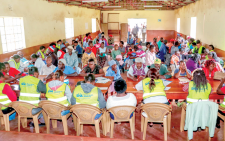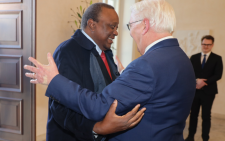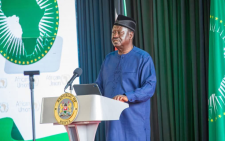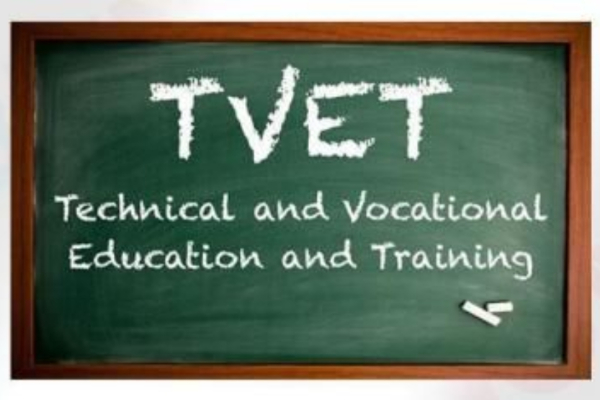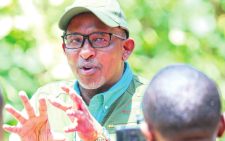Collective efforts can help tackle academic fraud

In recent years, the global education sector has faced a disturbing rise in academic dishonesty, threatening the integrity of its institutions and diminishing the value of genuine academic achievements. This culture of fraud, known as academic conmanship, has spread across the globe, leaving unqualified individuals in positions of power and leadership, eroding trust in higher education.
The 2022 elections in Kenya were marred by controversies over candidates’ educational qualifications, as doubts arose about the validity of degrees required for top political seats, a testimony of the extent of the problem. Not known to many is that there is a whole spectrum of these malpractices.
One of the most alarming issues is the proliferation of degree mills, fake certificates, and “briefcase” virtual universities, where unaccredited institutions sell academic qualifications without requiring any actual study or work. Nations such as the United States, Pakistan, India, and the United Arab Emirates are often cited as hotspots for these fraudulent operations. In East Africa, notorious locations like River Road in Nairobi and Nasa Road in Kampala are known hubs for counterfeit degree production.
There is a sizable percentage of people in positions of authority who never completed their O-level basic education and have fake degrees. These fraudulent degrees often flourish by exploiting weak due diligence and verification systems in their respective countries. The existence of multiple government agencies responsible for verifying academic documents further exacerbates the problem. In Kenya, the Commission for University Education and the Kenya National Qualifications Authority both oversee academic verification, creating confusion and making it easier for fake degrees to slip through the cracks.
Plagiarism and ghostwriting have also become prevalent forms of academic dishonesty. Some students submit plagiarised theses that pass university examination boards with minimal scrutiny. These dishonest practices devalue genuine academic achievements and undermine the authenticity of academic assessments.
Predatory publishing is another major concern. Researchers eager to publish their work are often lured into fake journals that charge fees without providing proper peer review. Such papers are out of the press within days, with submission details back-dated. Many of these journals are owned by individuals who prioritise profit over academic integrity. This risks damaging reputations and undermining careers, as the lack of legitimate peer review compromises credibility.
Data manipulation in research is another deeply troubling form of academic fraud. Fabrication and falsification undermine the trustworthiness of academic findings, distorting the scientific record and misleading policymakers.
Examination fraud and cheating have also become more sophisticated, with students using technology like artificial intelligence to gain an unfair advantage. In online education, identity fraud is rampant, with students hiring others to write their examinations or coursework, further undermining the credibility of online learning.
But there are potential solutions to his widespread crisis. They include educating students and staff on the dangers of academic fraud, enforcing strict penalties for offenders, and adopting advanced technologies to detect plagiarism and prevent cheating.
International cooperation between academic institutions and governments is also crucial to combat degree mills and predatory publishers. In addition, universities should publicly display their lists of graduates to facilitate verification, and national databases should be created to store academic records. This information could feed into international databases, enabling cross-border verification and ensuring the authenticity of academic qualifications.
The future of higher education, in Kenya, Africa and globally, hinges on the collective effort to uphold academic integrity. Only through transparency, verification, and a commitment to ethical standards can the value of genuine academic achievements be preserved.
— The writer is a Professor of Physical Chemistry at the University of Eldoret
